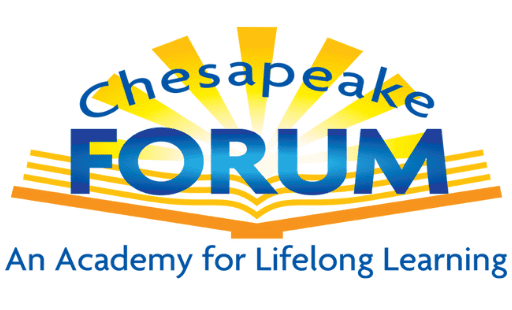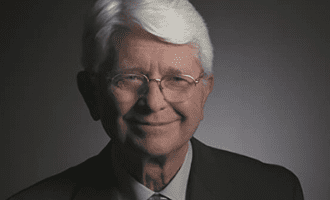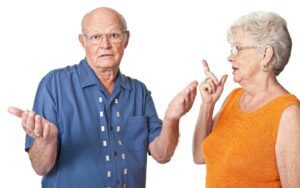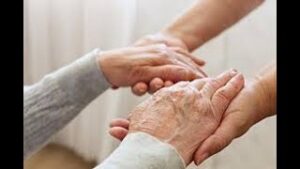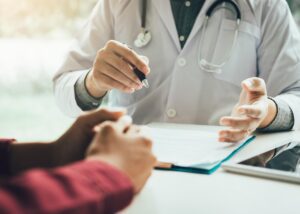Dr. Tom Broussard had a stroke and aphasia on September 26, 2011. He was an associate dean at The Heller School at Brandeis University when he fell down on Main Street, Waltham, MA. He lost his language skills as a result of this stroke; he could not read, write, or speak well.
By the time he completed his therapy, he had created a therapeutic structure that would help him regain his language skills day by day over the course of years to come. How did that happen? Habit, motivation, and practice. People learn incrementally based on what had been learned the day before and the day before that.
Tom will share his stroke experience from the perspective of a stroke survivor. He couldn’t write but kept what turned out to be a 500-page diary using graphs, charts and metaphorical drawings with text that didn’t make much sense. He will discuss the concept of neuroplasticity and how it related to his recovery. He will also review a variety of learning activities like keeping a diary, voice recordings, and taking pictures that he developed before he knew that they were also highly therapeutic. Broussard will also detail the differences in deficits among and between different modalities including reading, writing, and speaking…and awareness.
Formal therapy is really just a small portion of what is needed to start and sustain the therapeutic language activities needed for recovery. The “tools” for recovery can’t be just short bursts of energy. The tools that are needed require regular, persistent, and repetitive language activities to build up momentum. Aphasia recovery grows over time and needs a long runway to get off the ground.
Join Tom as he describes the path to his recovery and what he has learned that can help so many others recover from stroke.
What to expect: In this course, you will learn about stroke, aphasia, and brain plasticity; how the brain learns when healthy and rewires itself after a stroke; and what it takes to recover from stroke.
Feedback from Tom’s last course:
“One of the most important seminars ever offered by Chesapeake Forum. Dr. Broussard provided first-hand insights, how-to’s, and encouragement. We implore the Chesapeake Forum to consider a follow-up session next year. I encourage all my family and friends to take this course. Thank you again, Dr. Broussard.”
“Very worthwhile topic and excellent presentation.”
“Wow! I really had no idea what to expect from this course with Dr. Broussard, but was blown away at the applications plasticity has in our everyday life as we age. Thank you VERY MUCH, Tom, for opening our minds to this!”
Course Links:
